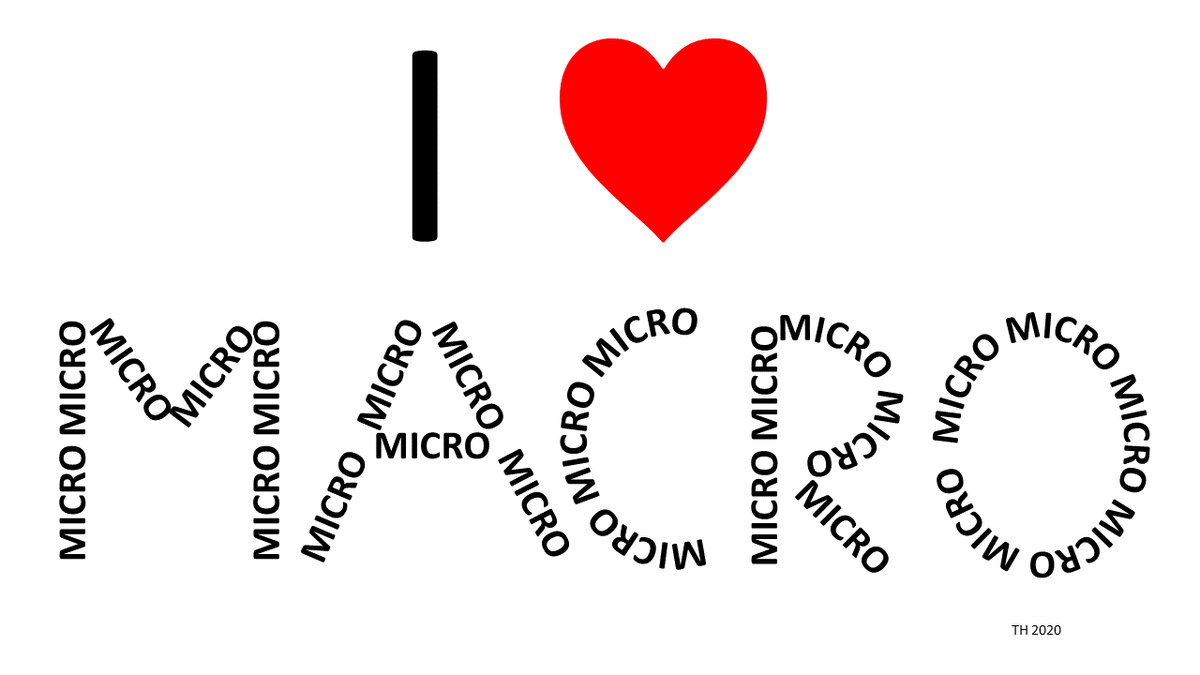
Course description: This is an advanced course in macroeconomics. It covers the concepts and methods of modern macroeconomics. We begin with an overview of the two main paradigms of macroeconomics: the Classical and Keynesian models. We then develop the main model to study the economy in the long run: the Solow growth model. We then study the determinants of consumption and investment, and we finish with the study of economies in an infinite horizon. The primary objective is for students to acquire the necessary tools for macroeconomic analysis. This requires close study of a few important readings. I will also attempt to keep the focus on the important questions faced by macroeconomists. For some topics we will rely upon some advanced mathematics (especially, dynamic programming), which will be explained in class as we go along.
Upon successful completion of this course, students will have acquired a grasp of the main issues and theories facing modern macroeconomists. In particular, they will be able to critically assess the role of macroeconomic policy in the short and long run.
Feedback for this module will occur through class meetings where we will go over the answers to problem sets and where you will be able to ask questions about your own method of solution; answers that will be posted on the website for the module that will give you written guidance on the appropriate method to approach the problems, assignments, and tests; and office hours where any additional questions can be addressed. You should be sure that you use these methods to understand how to improve your own performance.
Key employability skills delivered by the module include numeracy and ICT skills; research, information and communication skills; self-awareness, target setting, time management; reflection and evaluation. The key academic skills delivered by the module are detailed in the Key Skills table.
- Module Supervisor: Yikai Wang